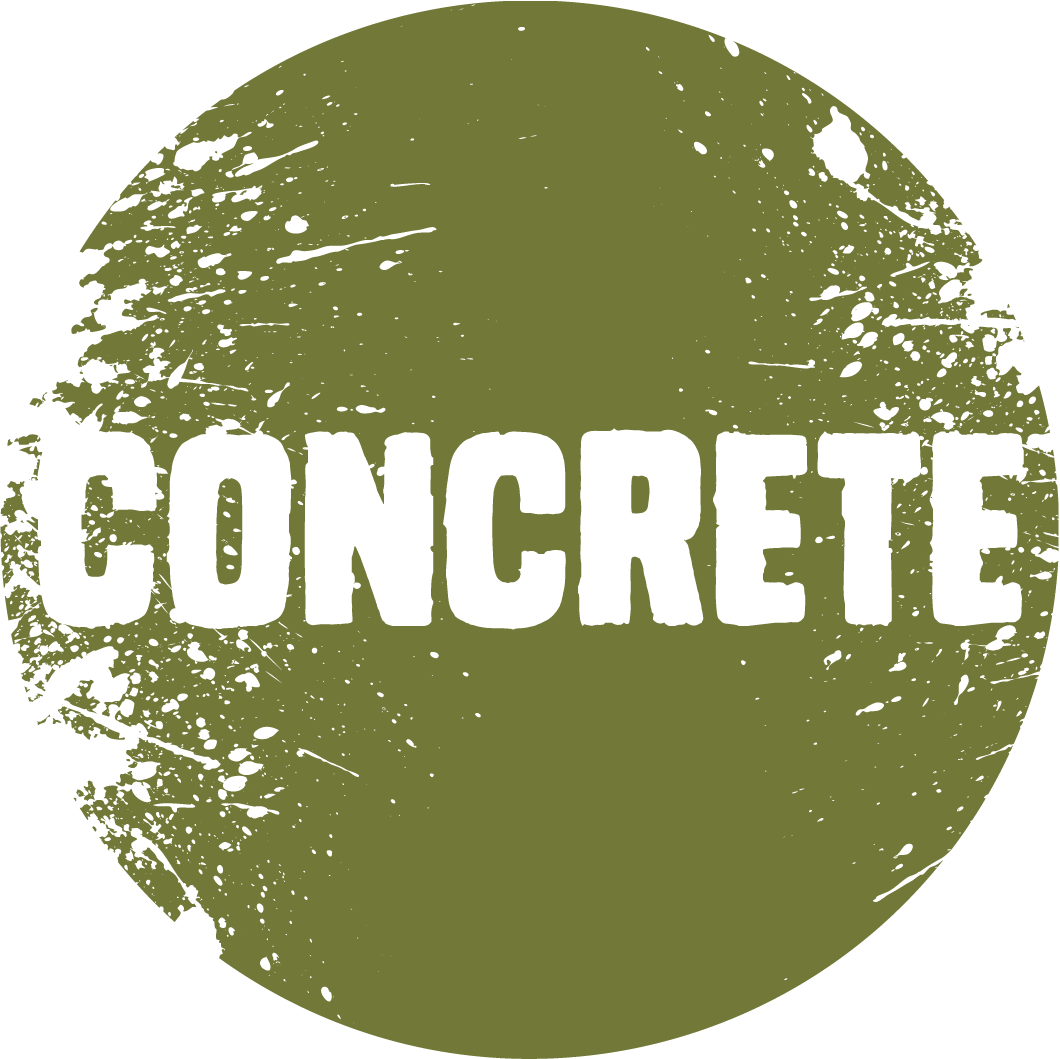A home that meets your needs
If you live in a house, we'll carry out an assessment to check if your home is suitable for the adaptations that you're requesting. If the adaptations to your home won't be suitable for your needs, we recommend a transfer to a home that has already been adapted. If this is the case, one of our Housing Officers will talk you through this process.
Types of adaptations
Adaptations that cost less than an estimated £500 are classed as a minor adaptation. Examples include:
Approaches to entrance doors
- Modifying steps, such as making them wider, or adding half-steps
- Installing a door call or entry-phone system
Doors and windows
- Changing door handles with more suitable replacements such as pull handles or kicking plates
- Making adjustments to doors. including alternative styles, hinge location and installing protective edges
- Remove controls for windows
Staircases
- Installing handrails
- Installing a gate on stairs
Water services
- Installing lever taps
- Re-fixing taps so they're at a convenient height
- Removing control valves for taps
- Installing thermostatic control for shower
- Moving the control valve for mains water supply
Electrical and heating services
- Moving socket outlets to a more convenient height
- Installing more socket outlets
- Changing light switch styles
- Installing doorbells for people who are hard of hearing
- Installing adapted smoke alarms
- Moving a thermostat, or heating control
- Installing fluorescent lights for visually impaired people
Entrance halls
- Installing letter cages
- Putting up a delivery shelf
- Moving clothes hanging rails
Bedrooms
- Moving clothes hanging rails
Bathroom and toilets
- Installing specialised toilets and fixture
- Changing the height of fixtures
- Installing support rails to walls by bath or toilet
Adaptations that cost more than £500 are classed as a major adaptation. Examples include:
Garaging and external facilities
- Widening garden paths
- Installing a carport or covered access to the home
- Installing an automated garage door
- Building an enclosed area for storing and charging electric wheelchairs
Approaches to entrance doors
- Building a fixed ramp
- Installing handrails or balustrade to ramps or steps
Doors and windows
- Widening or modifying doors
- Converting a window to a French window
- Alternating windows
Electrical and heating services
- Moving main switches for gas or electricity
- Reinforcing ceilings for personal hoists
Kitchens - Adjusting the height of work tops, storage units and sinks
Bathroom and toilets
- Installing or modifying shower unit, baths, bidets or sinks
- Installing a personal hoist
Unfortunately, we don’t currently have a budget to cover major adaptations. But don’t worry — there are other options.
You might be eligible for a Disabled Facilities Grant (DFG) from your local council. This can help cover the cost of larger adaptations. Here’s where to find out more based on where you live:
Applying for a DFG usually starts with a visit from an Occupational Therapist via your local Social Services team. They’ll assess your needs and recommend what’s right for you.
Implementation stage
Once approved, we'll arrange for an Occupational Therapist to visit your home to carry out a survey.
Before work starts on your home, a contractor will visit you to discuss a potential start date, how long the works will take and any possible disruption that might take place.
After the works are completed
The contractor will provide us with warranties for the works. We'll also update our database so we're aware of the adaptations to your home. Where required, we'll visit your home once a year to service the adaptations.











